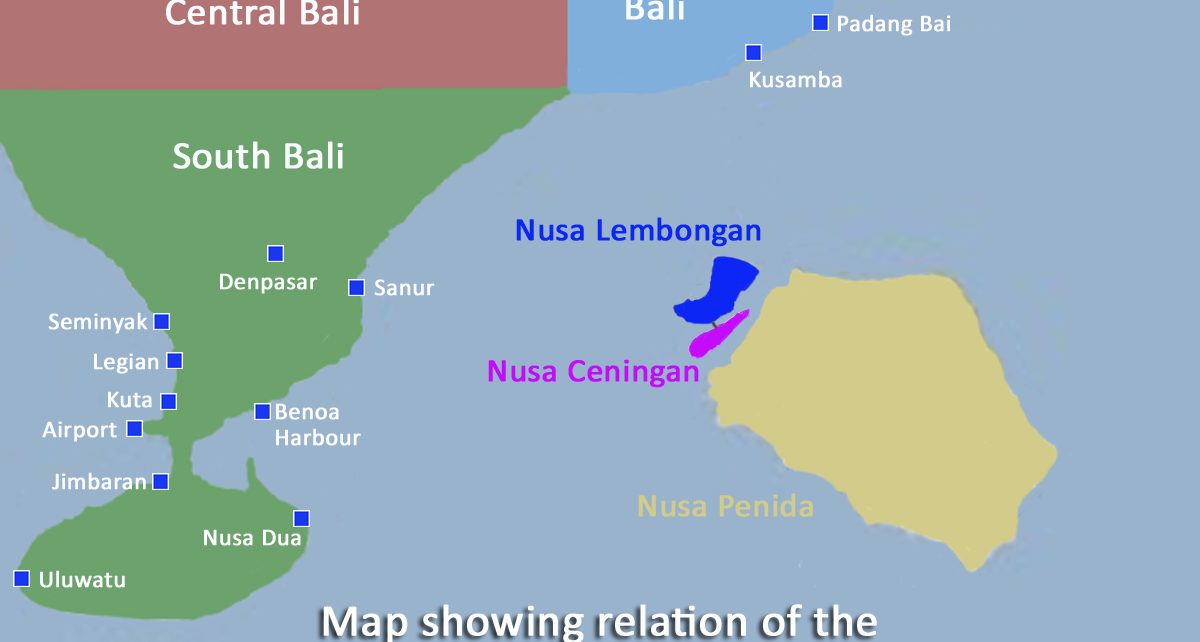Nestled between lush jungles and pristine beaches, Bali has long been a haven for travelers seeking relaxation and adventure. However, the island’s tourism industry may be on the brink of a significant transformation. As concerns mount over sustainability, cultural preservation, and environmental impact, the management of Bali’s tourism sector is facing scrutiny like never before. From stricter regulations to innovative initiatives, the future of Bali’s tourism industry hangs in the balance. This article explores the potential changes that could shape the way Bali welcomes visitors in the years to come.
Heading 1: Evolving Strategies in Bali’s Tourism Management
As tourism in Bali continues to thrive, there is a growing recognition that the current management strategies may need to evolve in order to sustainably support the industry. In recent years, there has been a shift towards more sustainable practices and a focus on preserving the natural beauty and cultural heritage of the island. This shift is reflected in the efforts to promote eco-friendly tourism, support local communities, and reduce the impact of mass tourism on the environment.
- Implementing stricter regulations on waste management and plastic use
- Promoting responsible tourism practices to protect the environment and local communities
- Encouraging the development of sustainable tourism initiatives
These evolving strategies in Bali’s tourism management are essential to ensure the long-term success and sustainability of the industry. By prioritizing environmental and cultural conservation, Bali can continue to attract visitors while also preserving its unique identity and natural resources for future generations to enjoy.

Heading 2: Balancing Growth and Sustainability in the Tourism Sector
The management of Bali’s tourism industry is facing new challenges as stakeholders strive to balance growth with sustainability. With the island’s popularity as a tourist destination continuing to rise, there is a growing concern about the environmental and social impacts of mass tourism. Local communities are feeling the strain of overdevelopment, while natural resources are being depleted at an alarming rate.
One potential solution being considered is the implementation of stricter regulations and policies to govern tourism activities on the island. This could involve limiting the number of visitors to certain attractions, enforcing eco-friendly practices among businesses, and promoting cultural preservation. By taking a more sustainable approach to tourism management, Bali could protect its precious resources for future generations while still enjoying the economic benefits of a thriving tourism sector.

Heading 3: Shifting Paradigms: New Approaches for Balinese Tourism
Bali’s tourism industry is on the brink of a paradigm shift, with new approaches and strategies being considered to manage the island’s ever-growing popularity as a tourist destination. The traditional tourism model that has long dominated Bali’s economy is being challenged, as stakeholders explore innovative ways to ensure sustainable growth and minimize negative impacts on the island’s culture and environment.
From promoting community-based tourism initiatives to implementing stricter regulations on mass tourism activities, the conversation around Bali’s tourism industry is evolving. Stakeholders are now recognizing the importance of adopting a more balanced and responsible approach to tourism management, one that prioritizes the well-being of local communities and the preservation of Bali’s unique cultural heritage. By shifting paradigms and embracing new ideas, Bali has the potential to become a model for sustainable tourism development in the region.

Heading 4: Best Practices for Ensuring Long-Term Success in Bali’s Tourism Industry
One effective way to ensure the long-term success of Bali’s tourism industry is to prioritize sustainable practices. By focusing on eco-friendly initiatives such as renewable energy sources, waste reduction, and conservation efforts, the island can attract environmentally-conscious tourists and preserve its natural beauty for future generations. Implementing sustainable tourism practices not only benefits the environment but also enhances the overall visitor experience, making Bali a desirable destination for conscious travelers.
Another key strategy for sustaining Bali’s tourism industry is to promote cultural preservation and community engagement. By supporting local artisans, businesses, and traditions, the island can maintain its unique identity and attract travelers seeking authentic cultural experiences. Encouraging responsible tourism that respects Balinese customs and values can help foster positive relationships between visitors and locals, creating a more inclusive and sustainable tourism industry.
In conclusion, the future of Bali’s tourism industry remains uncertain as potential changes are on the horizon. With growing concerns over sustainability and the impact of mass tourism, it is clear that a shift in management may be necessary. Whether these changes will be implemented successfully remains to be seen, but one thing is certain – the allure of Bali’s natural beauty and cultural richness will continue to draw visitors from around the world. Only time will tell how the management of Bali’s tourism industry will evolve, ultimately shaping the future of this beloved destination.




